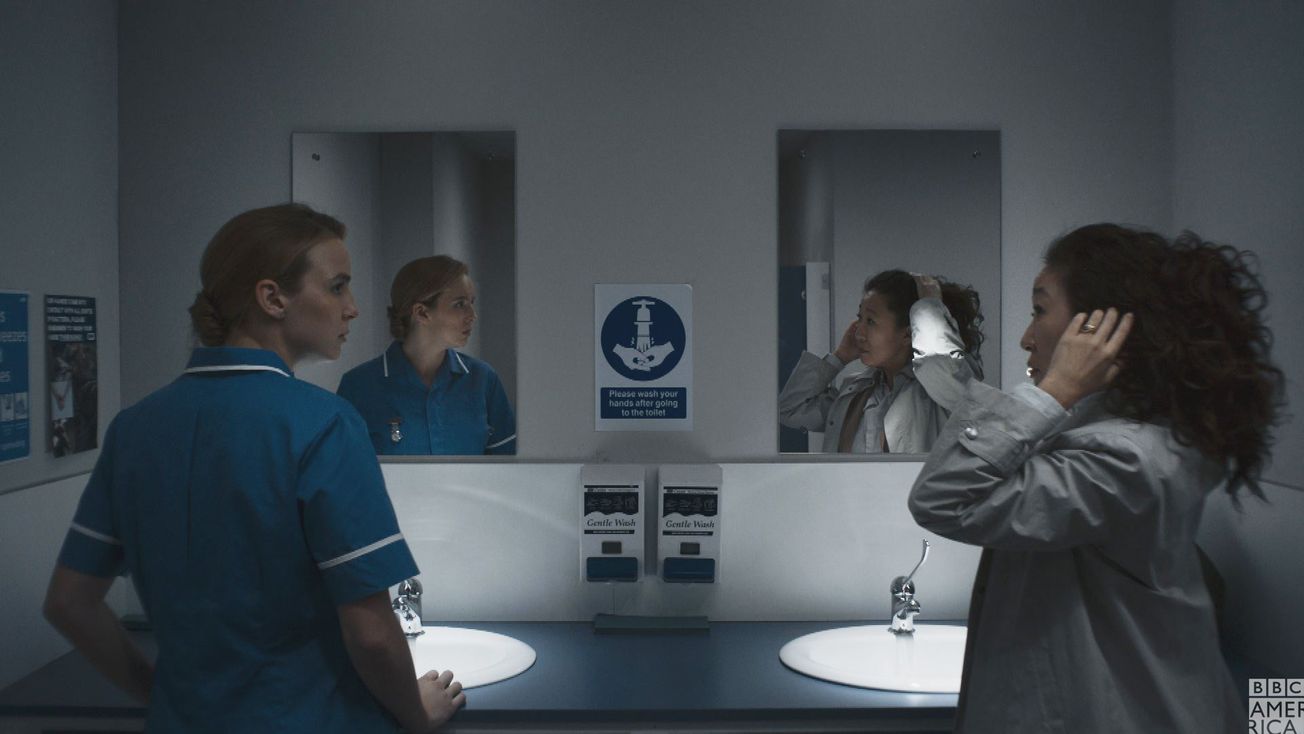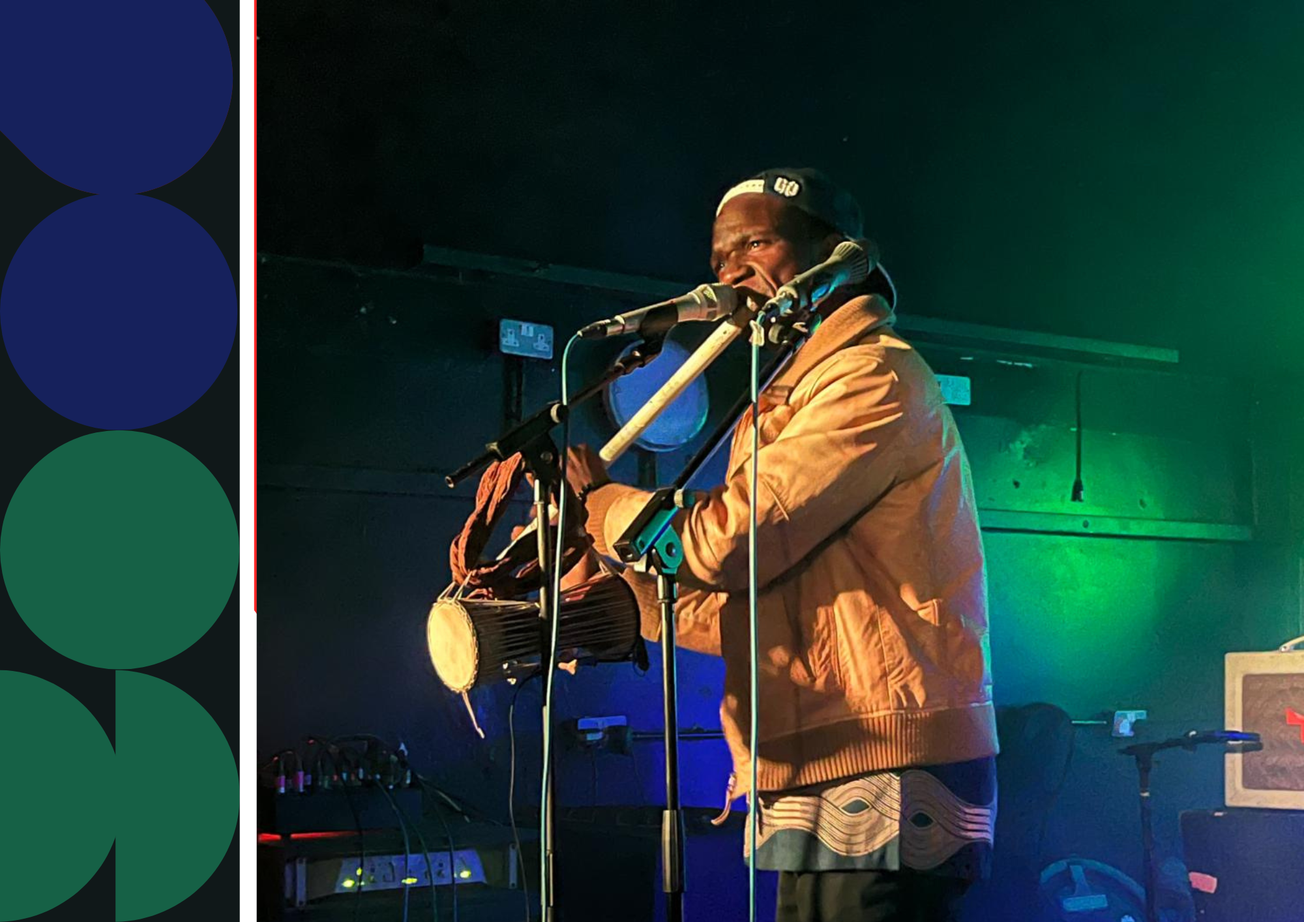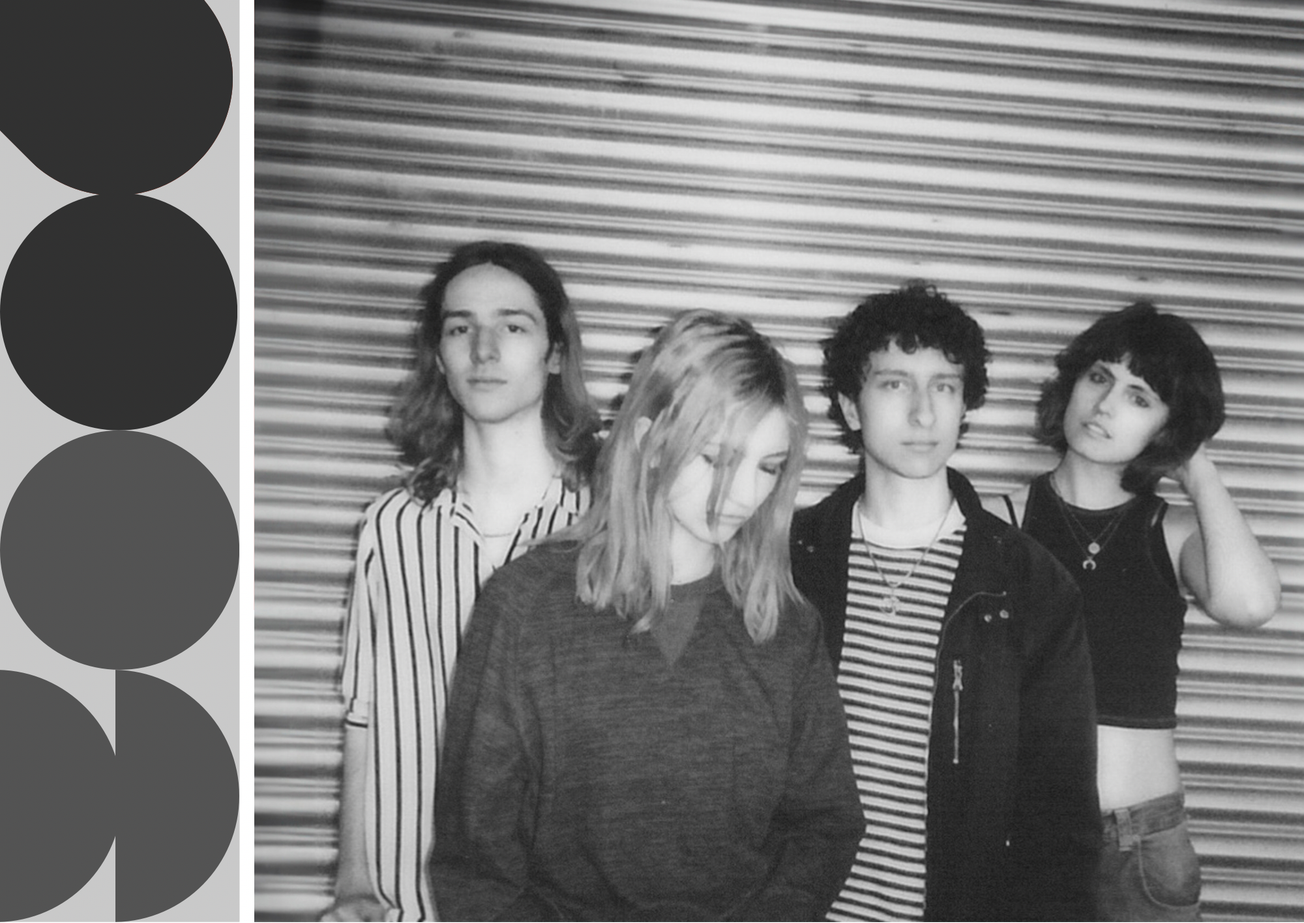By Sophy Leys Johnston, Third Year English Literature
Killing Eve is nearly impossible to describe to someone who has not watched it yet. Adapted from Luke Jennings’ 2018 novel Codename Villanelle, writer/director Phoebe Waller-Bridge takes the well-worn detective thriller genre and flips it right on its head. No more lengthy and unnecessary mansplaining monologues and gone are the days of “fridging”- in this case it is the smug, corrupt men who are tossed away, declared irrelevant.
Littered with evidence of Waller-Bridge’s renowned dark humour, Killing Eve is a truly unique concoction of death, drama and corruption, powered by a duo of badass women not just breaking but smashing through the glass ceiling.
YouTube / BBC Three
The narrative follows the titular Eve Polastri (Sandra Oh) who, bored by the safety of her MI5 desk job, attempts to track down the highly skilled and psychopathic assassin Villanelle (Jodie Comer) with both women gradually developing an odd, all-encompassing obsession for one another. The two protagonists appear polar opposites of one another on the surface, but as each episode delves deeper it becomes clear why their mutual fixation arises.
Torn between love and hate, Eve and Villanelle constantly declare their desire to kill one another. However, despite coming tantalisingly close on several occasions, neither can bring themselves to do so, demonstrating instead a huge sense of admiration and intrigue.
For Eve, who is just beginning to find her voice in a historically male-dominated profession, our anti-heroine becomes a figure of inspiration in her ability to do (or rather kill) exactly as she pleases. The childishly mischievous Villanelle, on the other hand, despite her glamorous front, appears extremely lonely, and it is through her fascination with Eve that she seeks companionship.
Both intelligent, authoritative and rebellious women, bored of listening to their incompetent male bosses, Eve and Villanelle meet their match in one another. Oh and Comer prove a remarkable pair on screen, and any scene featuring the two together rapidly escalates into a frisson of excitement and tension.
What's your favorite episode from season 1 of #KillingEve? pic.twitter.com/JaXrQbcxFi
— Killing Eve (@KillingEve) September 22, 2018
Twitter / @KillingEve
It is nothing short of refreshing to see such vivid and real female characters on screen. These are not token, throwaway characters or stock “feminine” tropes, but women who are smart, outspoken and good at their jobs - however illegal and psychopathic their job may be.
The two protagonists also offer a stark contrast to their male counterparts who prove demanding and patronising, yet ultimately incompetent or with a fragile sense of masculinity. In fact, it becomes a recurring motif that the men who belittle their assumed female inferiors end up dead or else fleeing for their lives, which sends a very clear message.
Episode 1: 'Ooh, Killing Eve is quite good.'
— Felicity Hannah (@FelicityHannah) September 27, 2018
Episode 2: 'Killing Eve is exciting.'
Episode 3: 'What! What?!'
Episode 4: 'KILLING EVE IS THE GREATEST TELEVISION EVER AND I MUST KNOW WHAT WILL HAPPEN BUT I AM SCARED TO FIND OUT.'
Twitter / @FelicityHannah
In Killing Eve’s eight 40-minute episodes, Waller-Bridge takes us on an adrenaline-fuelled whirlwind around Europe that proves utterly and delightfully unpredictable from one moment to the next. So with a genius creative team at is roots, stellar cast, and stunning visuals - owing to an array of lavish location shots - Killing Eve proves a killer combination (sorry!) that tosses everything we thought we knew about the genre to one side and paves the way to a bright, female-filled future - albeit one that is not quite so murderous.
Featured Image: Facebook / Killing Eve
Are you watching Killing Eve? What do you think of the show?
Facebook // Epigram Film & TV // Twitter









